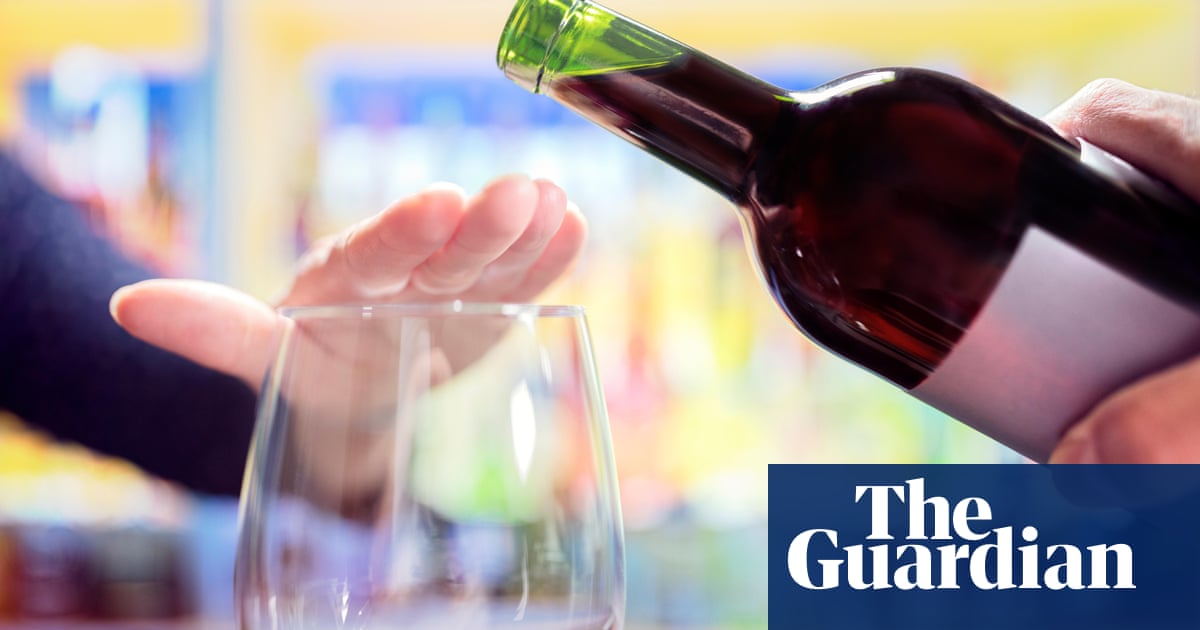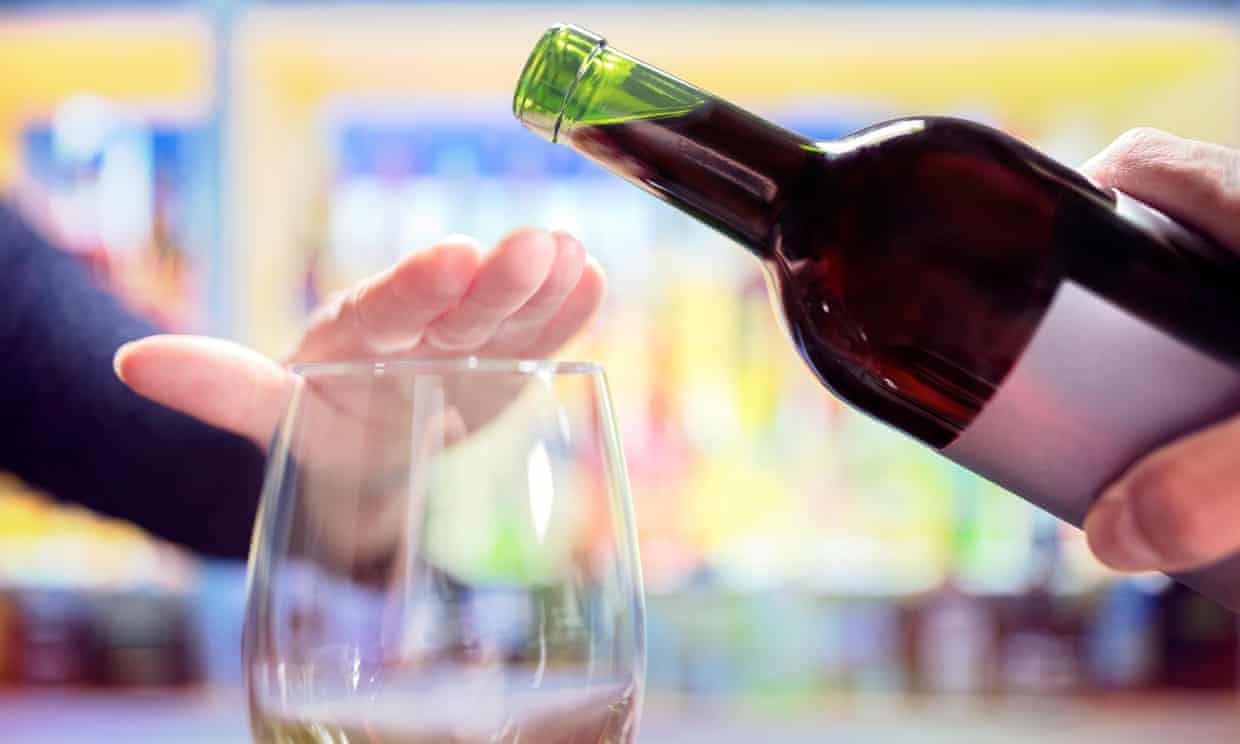Australian experts fear coronavirus spike in domestic abuse as Global Drug Survey probes users


The world’s largest independent survey of drug use will include questions about domestic abuse for the first time, as Australian addiction experts warn about the impact of Covid-19 lockdowns on relationships, mental health and substance use.
The Global Drug Survey tracks the use and supply of alcohol and illicit drugs around the world by asking people to anonymously answer questions about their personal consumption and purchasing methods.
This year’s survey, which opened this week, is seeking to track changes in alcohol and drug use during Covid-19 by asking participants how their consumption has changed as a result of the pandemic.
Addiction experts have warned of rising drug and alcohol use at the same time as the virus further restricts access to Australia’s already stretched addiction treatment sector. The sector has reported an increase in the number of people seeking treatment, but most residential rehabilitation centres are unable to take new clients and the two injecting rooms in Sydney and Melbourne have been forced to significantly reduce their capacity.
Dr Monica Barrett, a senior research fellow in drug and alcohol addiction at RMIT University and one of the organisers of the GDS, said that while changes in drug and alcohol use would vary by age and circumstance, the survey would look at how Covid-19 lockdowns were affecting substance use and its links to mental health and domestic abuse.
“We’re really trying to ascertain whether aspects of abuse might be occurring, either as a victim or perpetrator [and] to ask whether this has increased since February to try and understand whether the isolation is feeding into existing controlling or physically abusive relationships people may be a part of,” she said.
The survey includes a number of opt-in questions about tensions in relationships before and after Covid-19, and about behaviours ranging from physical abuse to being stopped from seeing or talking to family or friends, having access to money or checking contacts on social media.
How to get the latest coronavirus news from Guardian Australia
Show Hide
Email: sign up for our daily coronavirus newsletter
App: download it and never miss the biggest stories
Social: follow us on Facebook, Instagram or Twitter
Podcast: listen to our daily episodes on Apple Podcasts, Spotify or search "Full Story" in your favourite app
Was this helpful? Thank you for your feedback.Barrett said that she expected to see some changes in consumption repeated globally, for example a decrease in so-called party drugs such as MDMA because of the forced closure of nightclubs and festivals, but the illicit drug market in Australia and New Zealand was particularly susceptible to market shocks because of the closure of borders to traditional supply markets such as China and south-east Asia.
“Obviously countries across the world are affected differently by global supply chains and because Australia and New Zealand are much more isolated we do tend to be more affected by supply shocks,” she said.
Barrett, like other addiction specialists, said there were already some isolated and anecdotal reports of users having trouble accessing heroin, but as yet no hard data. Many experts fear the already-stretched treatment sector would be unable to respond to demand in a heroin drought, which might also push drug users onto other substances such as the prescription opioid Fentanyl.
“People might say that’s a win in terms of drugs not being able to get in to the country [but] the flip side is that for those continuing to demand drugs like heroin and methamphetamine they will most likely turn to other substances,” Barrett said.
“The concern there is what are those other substances and are they worse in terms of harms than what they were getting before? These are some of the concerns we have in this period.”
She said the survey would also consider whether the Australian market for illicit drugs had changed as a result of the pandemic, including whether more people were accessing the dark net, and how consumption had changed across age cohorts.
“We’re in this period where the Covid-19 restrictions have affected really large parts of our lives, but for many of us that’s different depending on whether you’re a young person living with housemates, for example, or in a family situation with children who need to be home schooled,” she said.
The Global Drug Survey is open now. You can access it here.
If you or someone you know is impacted by sexual assault, domestic or family violence, call 1800RESPECT on 1800 737 732 or visit 1800RESPECT.org.au
 Pathways Drug Rehabilitation Luxury Addiction Treatment & Detox Center
Pathways Drug Rehabilitation Luxury Addiction Treatment & Detox Center


